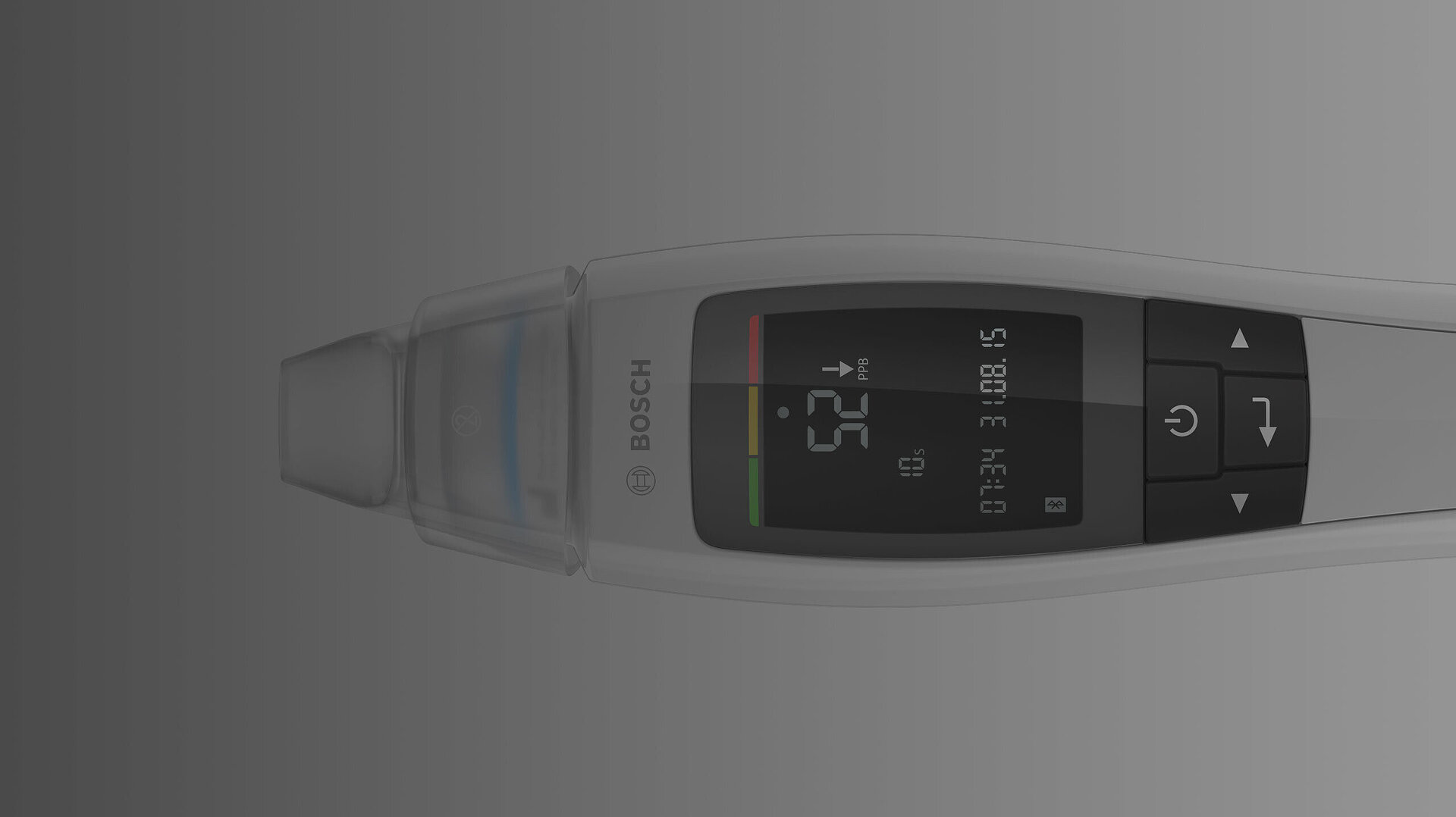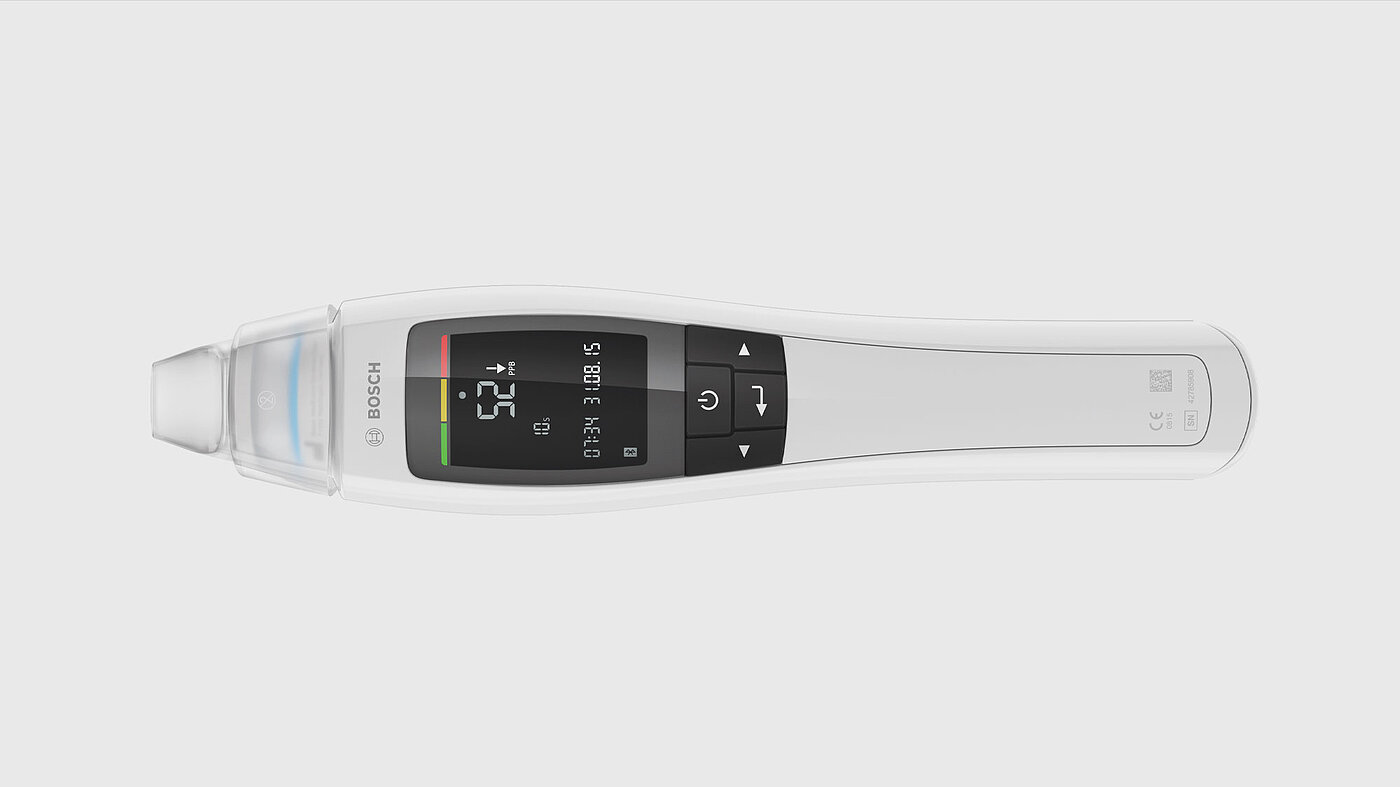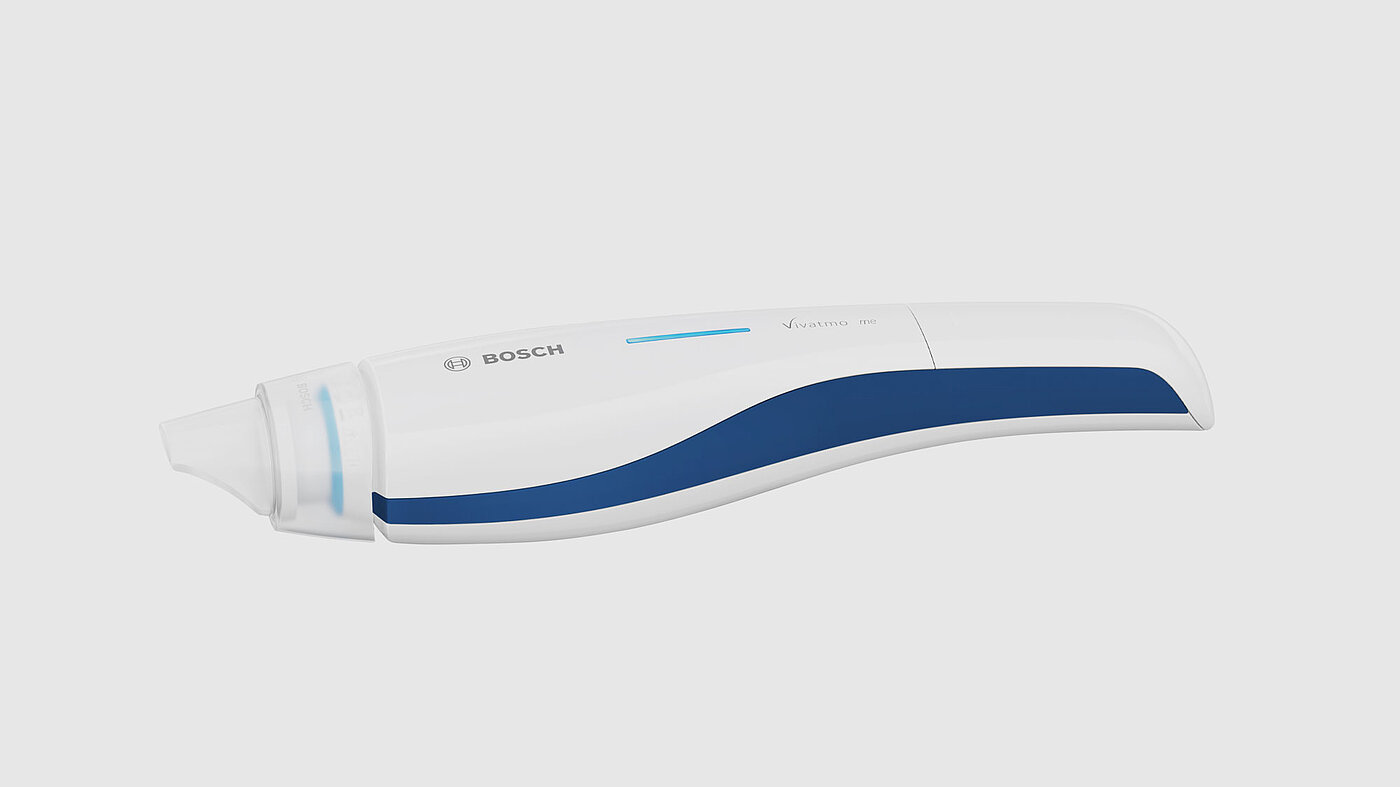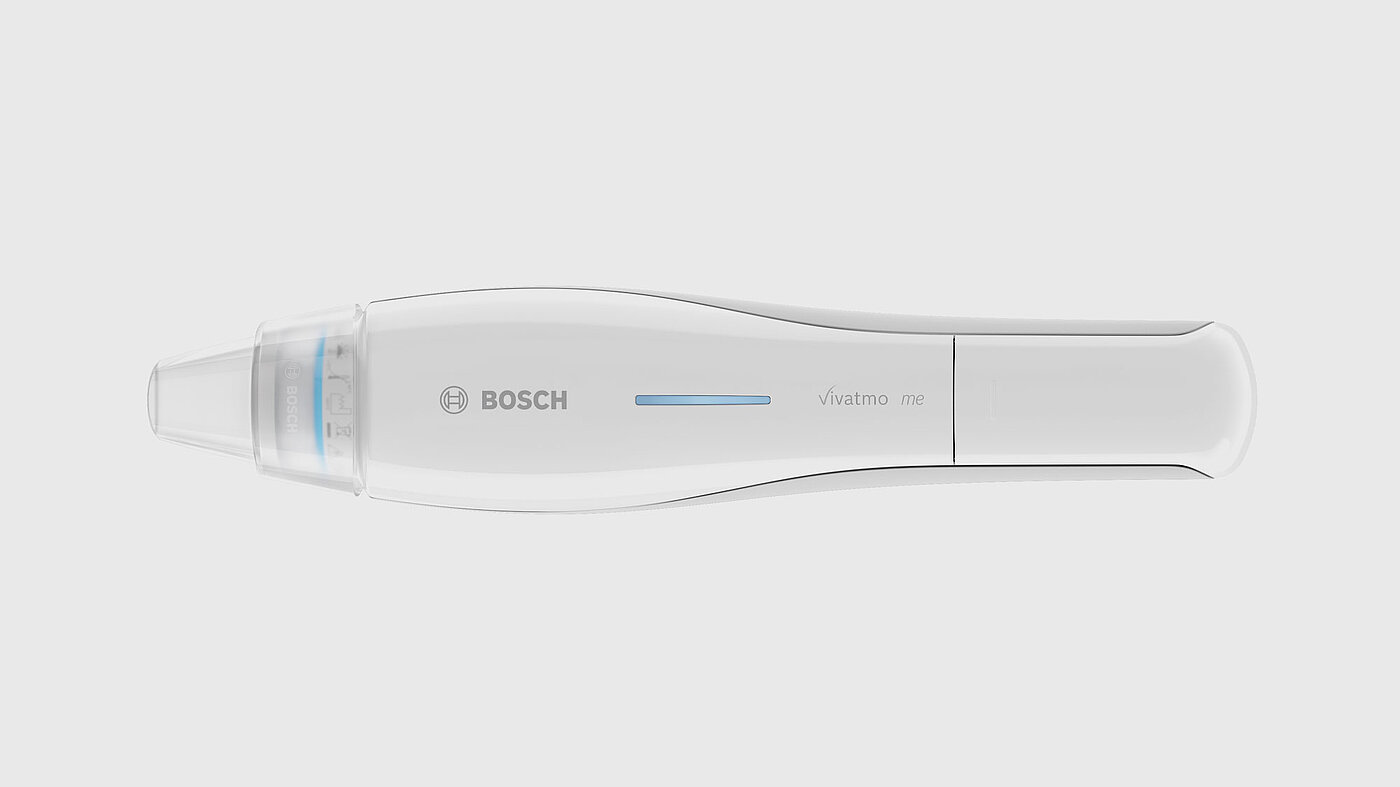Interview with Leon Wenning of Bosch Healthcare Solutions GmbH
Leon Wenning is a trained Industrial Designer, his design team is responsible for coordinating the User Experience Design activities at Bosch Healthcare Solutions. That includes Industrial and Interaction Design, as well as User Research and Usability Tests.
Working as a professional designer offers the possibility to tackle a wide range of problems from many different angles, that's why, after a first internship, Leon started to study industrial design in 2009. It seemed fascinating for Leon to translate different technical and cultural details into an end product that can be experienced directly by many different people. This fascination continues to grow with every project.
Leon Wenning shares more on design, and work culture matters.
How would you describe your design research?
Of course we do the market analysis in our specific product fields, but inspiration and good solutions can be found everywhere, so we also look at other industries or consumer products. But to work out a valid USP, we really need to know which problems we actually need to solve. That is only possible if we understand users in their everyday life or, for example, in the hospital. Depending on the stage of the design process, we either go out in the field and just watch people work and interact with products, or we invite users into our office for user tests to constantly challenge our own ideas.
For interviews, we also work with cultural probes or try to build prototypes, sometimes together with users. It is so much easier to discuss something when you are holding it in your hands, even if it is still very rough. The key to a successful project is to have a proper analysis of all the findings, needs, and potentials. Then we translate them into solutions and, most importantly, we quickly validate them with users and do another round of research where necessary.
What comes to you first: business or customer?
At Bosch Healthcare Solutions, we always seek to combine the technical, business, and user view with a more holistic picture. Therefore it is important to understand all three perspectives. I don't see them as separate topics and I love to discuss a business plan as much as getting input for a customer journey or a design prototype. In my team and as a UX designer, it is my responsibility to strengthen the customer´s position in the process and I strongly believe that business only benefits from a strictly user-centered design process - a view we all share across the organization.
Have you personally benefitted from preparing for a major project?
The biggest benefit we get from any project is learning new things about the customer or the patients, gathering insights that can feed and inform our innovation funnel. Working in new markets or in new health spaces is always interesting as it expands our horizons in terms of what possible and what’s preferred
Design school never ends, at least for great designers. How do you learn and grow your knowledge and expertise?
For more technical things like usability engineering, I read the literature. To improve my design process, I try to collaborate with good designers and experts, often just imitating their methods and asking for feedback. I try to learn as much as possible from people with different backgrounds, so I don't get stuck in the design bubble.
And for additional design skills, I just have to practice, so I challenge myself with new things I haven't done before. And for that, there are more than enough opportunities at a young company like Bosch Healthcare Solutions.
How do you work with engineers/Product Managers/other designers?
We have a strong user-centered design process at Bosch Healthcare Solutions. Everyone involved got UX training and we have a dedicated designer in every product development team.
We try to build up small, agile, and interdisciplinary teams, so that there is a constant exchange between engineering, design, marketing, and product management. Technical experts take part in user tests and designers are also invited to discuss business plans. We also have a great network of partners with the Robert Bosch Hospital and Bosch Corporate Research in Renningen, but also with external medical experts and design studios.
What would be impossible not to talk bout your work culture ?
First of all, that would be the values that we share among all Bosch associates around the globe. We call it “We are Bosch” and it is our common understanding that we act upon. Another aspect is the heritage of Robert Bosch that lives in everything we do and that reminds us of our responsibility toward society. At the same time, as a young subsidiary of Bosch, we adapt to the rapidly changing market requirements by making use of design thinking. We love to create products that improve people’s quality of life - that fascinate people and have an outstanding design.
In just three words, what would you say.
Open, agile, future-focused




